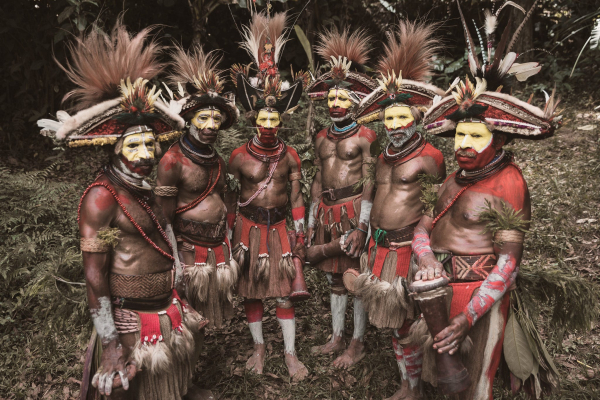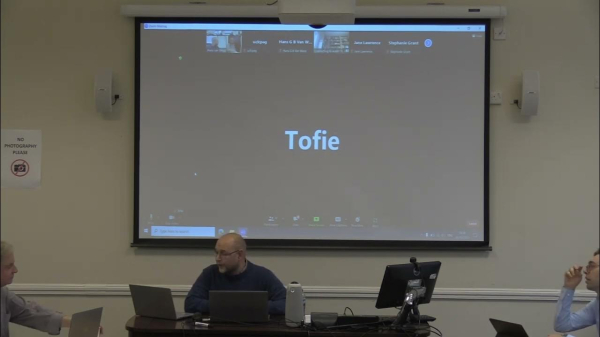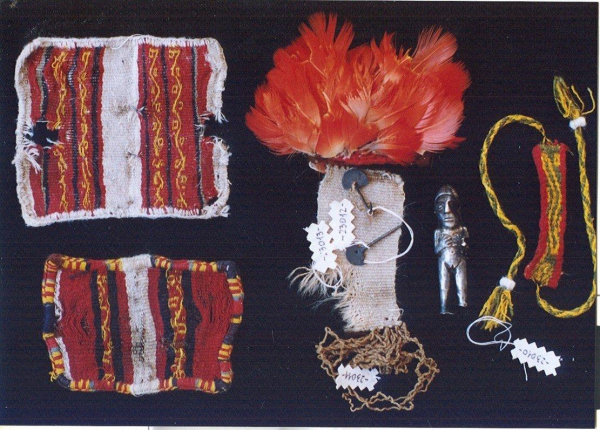Suche
Beiträge, die mit Anthropology getaggt sind
This evening in London 🩸⬇️🩸⬇️
Everybody welcome, just turn up!
LIVE or ZOOM
🌔Tues Nov 12 18:30 🌕 (London UK)
with #DeniseArnold
LIVE @UCLanthropology
And on ZOOM
'Sea shells, women's blood and an Andean bioclimatology of water'
LIVE in the Daryll Forde Room, 2nd Floor of the UCL Anthropology Dept, 14 Taviton St, London WC1H 0BW
ZOOM ID 384 186 2174 passcode Wawilak
Denise Arnold explores the mutual rearing practices between Andean populations and water, in its different manifestations, as a key life-giving element in their mountainous habitat. Andean animist ontologies recognise how humans and water flow are constituted mutually, through a dynamic relationality, which extends to other aquatic phenomena, including the sea-shell Spondylus princeps. This knowledge is learned and transmitted between the generations in the rites of passage of adolescent girls and boys, when they learn an interdependence with water, establish relations with water beings, and practice equivalences between their own blood flow and water flow.
Examined in this context are Inka rites of passage, a school ritual focused on learning about water flow, a female rite of passage when women learn to use particular designs and colours in their weavings, and a ritual offering of Spondylus to high mountain shrines. These practices are situated in the emerging discipline of bioclimatology.
Denise, an Anglo-Bolivian anthropologist, directs the Instituto de Lengua y Cultura Aymara, in La Paz, Bolivia. She will be LIVE in the Daryll Forde, 2nd Floor, UCL Anthropology Dept, 14 Taviton St, WC1H 0BW. Please arrive by 6:30pm before doors close. Or join on ZOOM ID 384 186 2174 passcode Wawilak
#Andes #animism #ontology #morethanhuman #Aymara #Inka #anthropology
"As the essays in this series go to press, a genocidal war in #Gaza continues to escalate throughout Palestine and around the region. [..] In the face of this ongoing catastrophe, this Hot Spots series contributes to continued efforts to amplify and produce multi-dimensional and layered scholarship on #Palestine in regional perspective."
https://culanth.org/fieldsights/series/anthropology-in-a-time-of-genocide
#PalestineQuestion #oPt #ColonialViolence #MiddleEast
@palestine

Anthropology in a Time of Genocide: On Nakba and Return
The essays in this series were written during the summer of 2024, and may not fully address rapidly escalating violence in the region. As the ess...Society for Cultural Anthropology
#JanePsmith
Touché.
https://www.thepsmiths.com/p/review-sick-societies-by-robert-b
#traditionalism #anthropology #maladaptation #GKChesterton
#ThePsmiths

REVIEW: Sick Societies, by Robert B. Edgerton
Sick Societies: Challenging the Myth of Primitive Harmony, Robert B.Jane Psmith (Mr. and Mrs. Psmith’s Bookshelf)

Economic strategies and slavery: renting and buying enslaved labour in Classical Athens
Economic strategies and slavery: renting and buying enslaved labour in Classical AthensJason Porter (Edinburgh)26 October 2023YouTube
W.E.I.R.D.-ly.
"Even the highly cited examples of 150-people networks have been criticised as overwhelmingly skewed towards rich, educated, and industrialised societies, with non-western cultures rarely mentioned. Confirmation bias may well be a factor in the popularity and acceptance of Dunbar’s number."
https://oxsci.org/end-of-dunbars-number/
#sociology #psychology #anthropology #ecology #PopularScience #SocialNeworks #correlation #nuance #context #friendship #PopCulture #WEIRD

The end of Dunbar’s number: Have our social networks changed for good? - The Oxford Scientist
Helen Collins explores evidence for and against Dunbar's number, the idea that our species' social groups are limited to around 150 people.Helen Collins (The Oxford Scientist)

